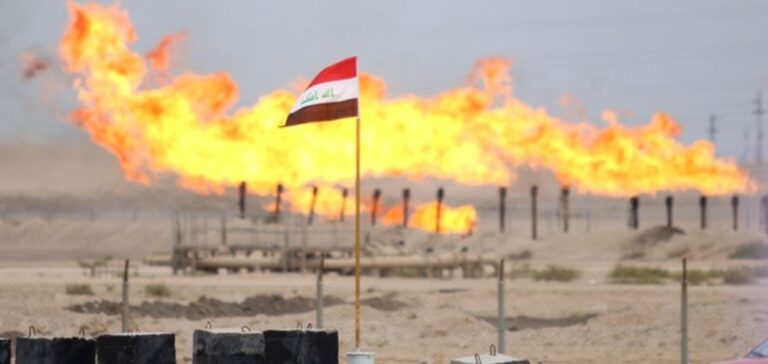Iraqi Oil Minister Hayan Abdel-Ghani made an important announcement on Saturday. He said Iraq plans to increase its oil reserves to over 160 billion barrels. Iraq currently has 145 billion barrels of proven reserves. This revelation was made at the launch of the new licensing cycles for oil and gas exploration.
Implications of the new licensing cycles
The fifth plus and sixth licensing rounds are strategic for Iraq. They concern 29 oil and gas fields in 12 provinces and one offshore block. These licenses are crucial to increasing domestic production. The Iraqi government hopes to boost oil production by more than a million barrels a day. They also plan to increase gas production by nearly 3,459 million standard cubic feet per day. Despite an import deficit.
Economic outlook and challenges
Oil accounts for 90% of Iraq’s revenue. Despite this wealth, the country remains dependent on imports for its energy needs. The aim of the new initiatives is to reduce this dependence. In particular, Iraq wants to reduce its gas imports from Iran, which are essential for its electricity production. However, implementing these projects requires effective management. Support for the companies involved is also crucial to the success of these initiatives.
Iraq is moving towards a more self-sufficient and prosperous energy future. By increasing reserves and production, the country hopes to alleviate its economic challenges. It is also seeking to strengthen its position in the global energy market. This initiative could significantly transform the Iraqi economy, making it less dependent and more robust.






















